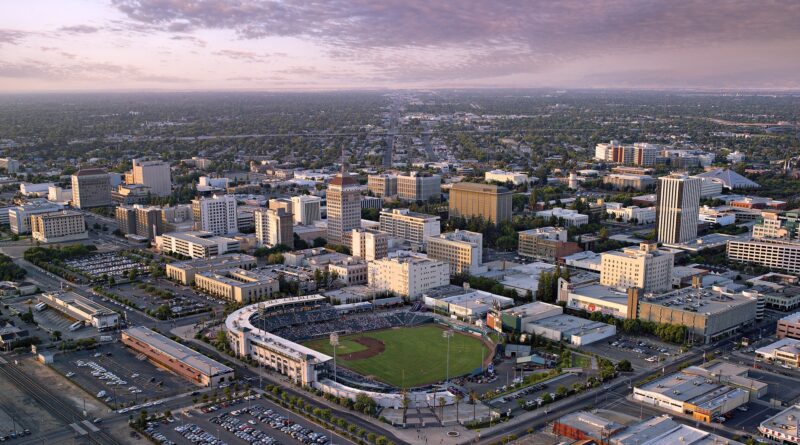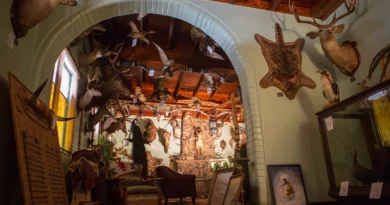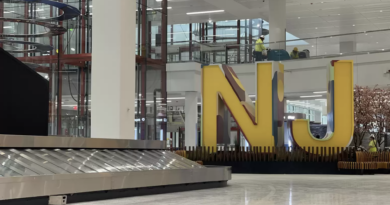History of Fresno California
Fresno, California, located in the heart of the San Joaquin Valley, is a city rich in history and cultural heritage. Its story begins with the indigenous Yokuts people, who inhabited the region for thousands of years before European settlers arrived. These Native Americans lived off the land, hunting, fishing, and gathering, and developed a deep connection with the valley’s rivers and fertile plains.
Early Settlement and Founding
The first European explorers to set foot in the Fresno area were part of the Spanish expeditions in the 1770s. However, it was not until the mid-19th century that Fresno saw significant settlement. The California Gold Rush of 1849 brought waves of settlers to the state, and many passed through or settled in the San Joaquin Valley. Fresno County was officially established in 1856, and the city of Fresno was founded in 1872 when the Central Pacific Railroad established a station there. The name “Fresno” comes from the Spanish word for “ash tree,” a common sight along the banks of the San Joaquin River.
Agricultural Boom
Fresno’s fertile soil and favorable climate made it an ideal location for agriculture. Early settlers quickly recognized this potential, and the region’s economy began to revolve around farming. In the late 19th and early 20th centuries, Fresno became a major center for the cultivation of wheat, grapes, and citrus fruits. The advent of irrigation, particularly through the construction of canals and the introduction of the electric pump, allowed for more intensive farming and the growth of vineyards and orchards.
One of the most significant developments in Fresno’s agricultural history was the introduction of the raisin industry. In the 1870s, Francis T. Eisen developed a method for sun-drying grapes, leading to the creation of California’s famous raisin industry. By the early 20th century, Fresno had become the largest raisin-producing region in the world. The California Associated Raisin Company, later known as Sun-Maid, was founded in Fresno in 1912 and remains a key player in the industry to this day.
Economic and Cultural Growth
As Fresno’s agricultural sector grew, so did its population and infrastructure. The city attracted a diverse array of immigrants, including Italians, Armenians, Japanese, Mexicans, and Filipinos, all of whom contributed to the region’s cultural mosaic. This influx of people and cultures enriched Fresno’s social fabric and led to the establishment of various cultural and religious institutions.
In the early 20th century, Fresno also saw the development of important civic and educational institutions. Fresno State Normal School, now California State University, Fresno, was established in 1911, providing higher education opportunities to the region’s residents. The city’s downtown area grew, with the construction of significant buildings such as the Fresno Water Tower (1894), the Fresno Bee newspaper headquarters (1922), and the Fresno County Courthouse (1966).
The Modern Era
Fresno’s growth continued throughout the 20th century, driven by both its agricultural base and the diversification of its economy. The city expanded its industrial and commercial sectors, becoming a regional hub for manufacturing, healthcare, and education. The establishment of Fresno Yosemite International Airport in 1948 further connected Fresno to the rest of the country and the world.
However, Fresno has also faced its share of challenges. The city has grappled with issues such as water scarcity, air pollution, and socioeconomic disparities. Efforts to address these challenges have included initiatives to promote sustainable agriculture, improve air quality, and revitalize urban areas.
In recent decades, Fresno has continued to evolve. The downtown area has seen revitalization efforts, with new businesses, restaurants, and cultural venues opening. The city’s diverse population remains one of its greatest strengths, contributing to a vibrant community life and rich cultural offerings. Events such as the Fresno Fair, the Rogue Festival, and various ethnic festivals celebrate this diversity and draw visitors from across the region.
Conclusion
From its beginnings as a railroad station in the 19th century to its current status as a dynamic and diverse city, Fresno’s history is a testament to the resilience and adaptability of its people. With a strong agricultural foundation, a rich cultural heritage, and a commitment to growth and innovation, Fresno continues to be a vital part of California’s Central Valley and a city with a bright future.
Discover more from City Towner
Subscribe to get the latest posts sent to your email.




